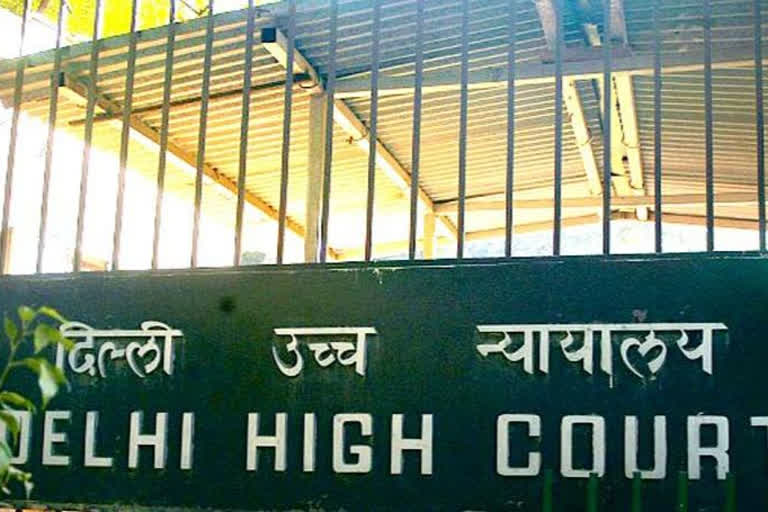New Delhi: The Delhi High Court has asked the Bar Council of India (BCI) to treat as a representation a plea seeking directions to form rules to govern the communication between attorney and client over video conferencing, which has been necessitated to be adopted in the present COVID-19 circumstances.
A division bench of Chief Justice DN Patel and Justice Prateek Jalan asked the BCI to treat the petition as a representation and decide on it according to the rules and regulations.
The High Court bench, with these directions, disposed of the public interest litigation (PIL) that argued the COVID-19 pandemic has compelled the judicial system to adopt arrangements for virtual court hearings and remote client consultations, which are the only available substitute of choice for the dispensation of justice in these unprecedented times.
The PIL, moved through advocate Yash Mishra, sought directions to the Bar Council to form an expert committee to make appropriate rules which will adequately protect and safeguard data containing any privileged communication between lawyers and their clients while using third-party applications for conducting video or virtual meetings and conferences.
It submitted that the petitioner has already suggested to the committee formed for a graded-action plan for the effective functioning of the courts, that in order to have an effective social distancing and to halt the spread of COVID-19, no physical client meeting should be allowed.
Also Read: Uttar Pradesh police arrest two associates of Vikas Dubey
According to the petition, the court had on June 1 issued video conferencing rules that only deal with limited considerable circumstances that could arise in relation to video conferencing methods and the same are not exhaustive while dealing with the other issues that could be faced in the attorney's office like privileged and confidential communication with the client, privacy concerns and a lack of cyber-security in video conferencing.
The plea said that amid the unprecedented times of COVID-19 pandemic, the attorney-client communications are not private anymore as to avoid the spread of COVID-19 they are not done in the physical presence of one another.
"Instead, the communication is only restricted to the online medium, wherein the portals running video conferencing applications also have dominance over the communication that can be further accessed by the third user/party, making the whole communication unsecured and open to misuse," the plea said.
"Furthermore, this virtual method is open to cyber hacking of the conversation via cloud services or unauthorized recordings indirectly destroying the sole intent of Section 126 of the Indian Evidence Act, 1872, which protects the privacy and communication between the attorney and the client," it added.
(ANI report)



